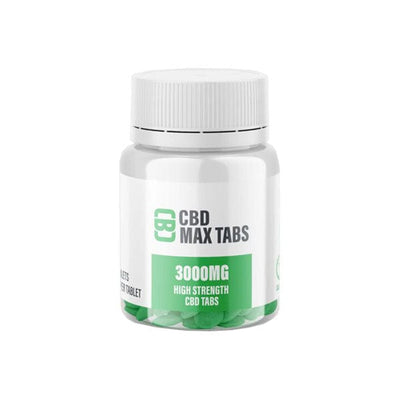CBD vs. CBDA: Exploring the Potential Benefits of These Unique Cannabinoids
Introduction
The cannabis plant contains over 100 different cannabinoids, each with its unique properties and potential benefits. Two closely related cannabinoids that often cause confusion are CBD (cannabidiol) and CBDA (cannabidiolic acid). In this short blog, we'll delve into the differences between CBD and CBDA, discuss their potential benefits, and help you decide which one might be right for you.
CBD vs. CBDA: Origins and Key Differences
Both CBD and CBDA are derived from the cannabis plant, but they differ in their molecular structure and origin:
-
CBD (Cannabidiol): CBD is a non-psychoactive cannabinoid known for its potential therapeutic benefits, such as reducing inflammation, anxiety, and pain. It is extracted from the flowers, leaves, and stalks of the hemp plant.
-
CBDA (Cannabidiolic Acid): CBDA is the acidic precursor to CBD, found in the raw cannabis plant. When the plant is exposed to heat or sunlight, a process called decarboxylation occurs, converting CBDA into CBD. CBDA can be consumed through raw cannabis juicing or using products specifically formulated with CBDA.
Potential Benefits of CBD and CBDA
Though closely related, CBD and CBDA offer unique potential benefits due to their distinct interactions with the body's endocannabinoid system (ECS):
-
Anti-inflammatory properties: Both CBD and CBDA have shown promise in reducing inflammation. While CBD's anti-inflammatory effects are well-documented, research on CBDA is more limited. However, preliminary studies suggest that CBDA may also be effective in reducing inflammation, potentially through different pathways.
-
Nausea and vomiting reduction: While CBD has been shown to help with nausea and vomiting, CBDA may be even more effective. Some studies have found that CBDA has a stronger affinity for the serotonin receptor, which plays a crucial role in regulating nausea and vomiting.
-
Anxiety relief: CBD is known for its potential to reduce anxiety, but research on CBDA's effects on anxiety is still in its infancy. Preliminary studies suggest that CBDA may also have potential anxiolytic properties, although more research is needed to confirm these findings.
Choosing Between CBD and CBDA
When deciding between CBD and CBDA, consider the following factors:
-
Desired Benefits: If you're seeking relief from inflammation, anxiety, or pain, CBD may be a more suitable option due to its extensive research and established benefits. However, if you're interested in the potential anti-nausea effects of CBDA or want to explore the benefits of raw cannabis, CBDA might be worth considering.
-
Product availability: CBD products are widely available and come in various forms, including oils, tinctures, capsules, and edibles. CBDA products may be harder to find, but their availability is increasing as interest in raw cannabis and its potential benefits grows.
-
Personal preference: Some people may prefer the idea of consuming raw, unprocessed cannabis products, while others may feel more comfortable with the well-researched and more widely available CBD products.
Conclusion
Both CBD and CBDA offer unique potential benefits, and choosing between them depends on your specific needs and preferences. As research on cannabinoids continues to advance, our understanding of their therapeutic potential will deepen, providing a more comprehensive picture of their potential benefits and applications.






Leave a comment